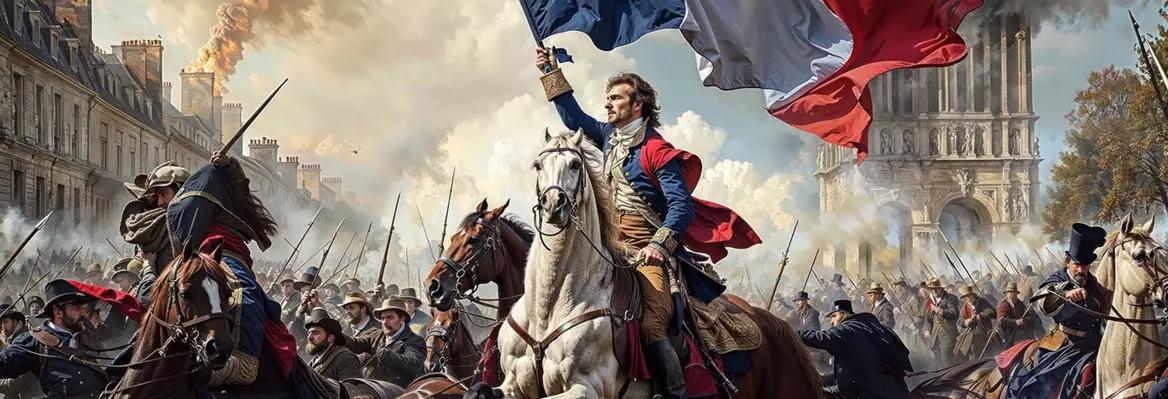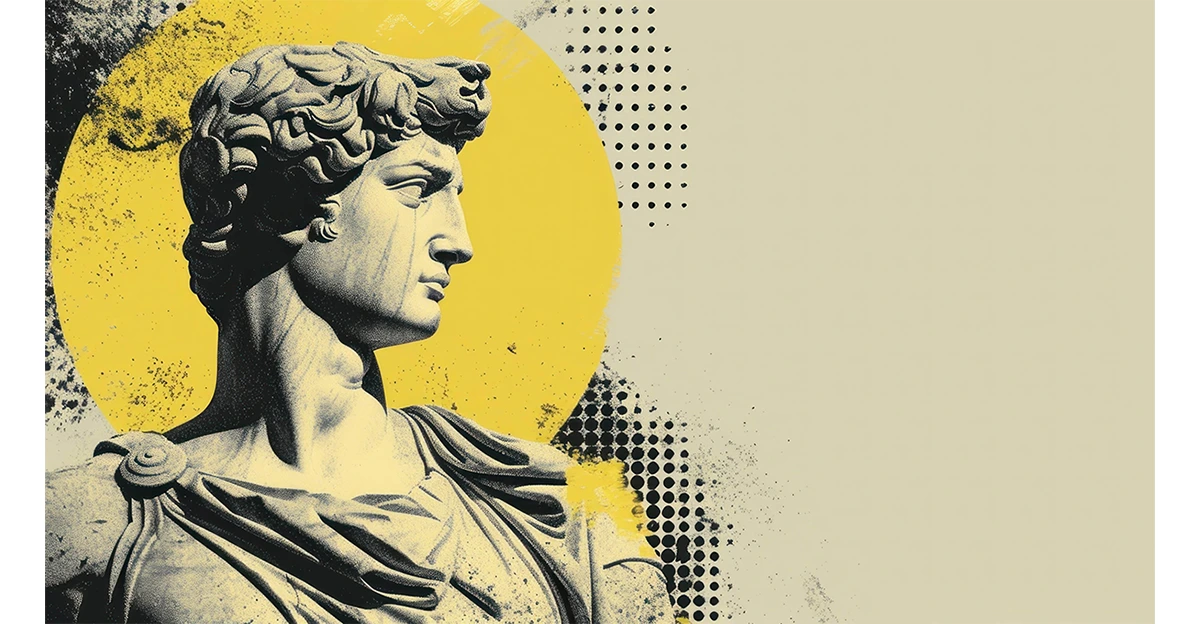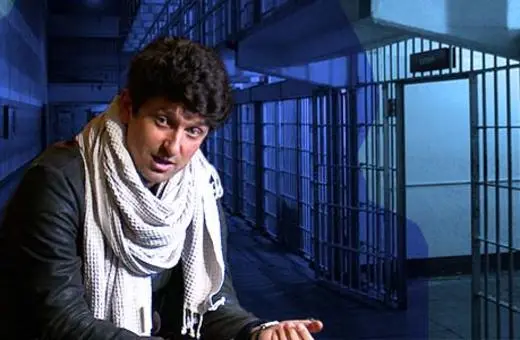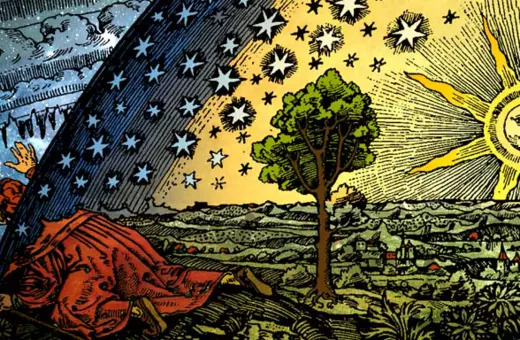History is not a collection of facts. Historians writing about, say, the French Revolution inevitably make it into a story, creating meaning and projecting their prejudices. These stories, argues Jouni-Matti Kuukkanen, are neither true nor false: they are more like artworks, composed of meanings, morals and metaphors. But then why should we prefer one story over another? Must we just pick whichever seems most beautiful, or best accords with our prejudices? Kuukanen argues that we can do better: we can pick between stories in a rational way, once we accept that rationality doesn’t require truth.
1. Is history closer to literature than to science?: the “narrativist insight”
What is most interesting in history? What kind of historical knowledge is most significant? Should we focus on so-called facts, such as that Napoleon was born in 1769 in Corsica? While individual facts and details are important, we surely care more about giving meaning to the past and making sense of it. We seek interpretations that describe patterns or trajectories in history, perhaps drawing out lessons from it. What I call the “narrativist insight” says that these synthesizing interpretations are historians’ genuine and most important knowledge contributions (see my Postnarrativist Philosophy of Historiography).
Fortunately, historical writing is full of such meaning-making views. To mention just a few examples, the period from the mid-1950s to the early 1960s has often been described as “the Thaw” in the history of the Soviet Union. It signifies the era of de-Stalinization initiated by Nikita Khrushchev, which is said to have led to liberalization and the “warming” of the cultural climate. Christopher Clark suggested in his book The Sleepwalkers: How Europe Went to War in 1914 that the great powers of Europe were “sleepwalkers, watchful but unseeing, haunted by dreams yet blind to the reality of the horror they were about to bring into the world” (p. 562). This is his explanation of the First World War. Clark’s take is very different, for example, from Fritz Fischer’s in his book Germany’s Aims in the First World War (1967), which understood the war as a result of Germany’s premeditated struggle for power. Historical scholarship on the Great War is particularly rich in rival interpretations. It would be easy to go on.
The narrativist insight in its original formulation – most closely associated with the writings of Hayden White and the early Frank Ankersmit – identifies narrative as the pivotal unit of historiography. The idea is that historical knowledge is not made of bits and pieces of historical phenomena, but is instead made of the selection and organization of them into a narrative. Furthermore, the same evidence and set of facts can produce different narratives. A singular fact that Napoleon conquered much of Europe can be incorporated into a narrative of Napoleon as a great oppressor or as a liberator, for example.






















Join the conversation